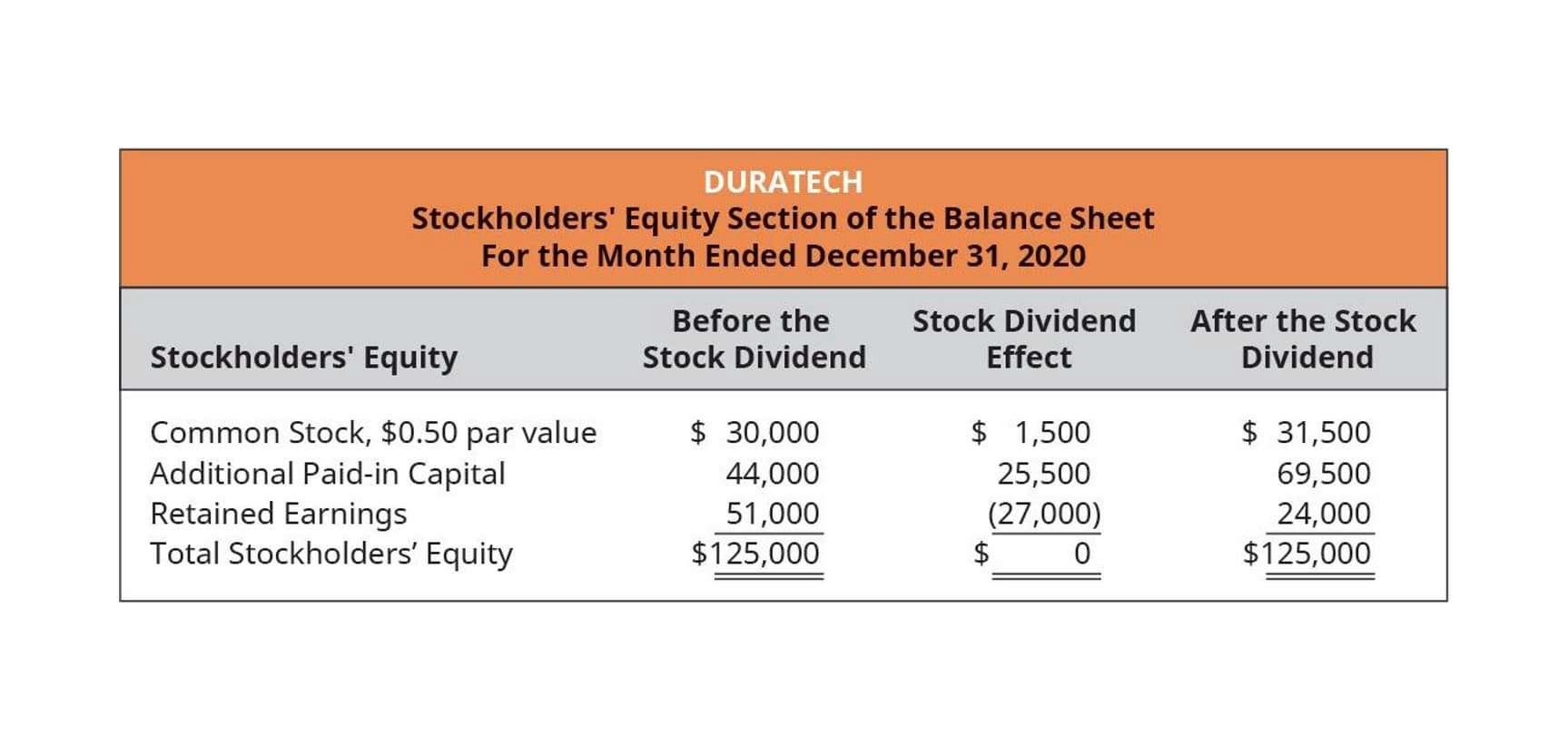
There may be circumstances when an employee’s hours are attributed to two different workweeks. While the standard rate applies broadly, certain industries may have specific rules that affect how overtime is calculated. For example, employees in the healthcare industry often work varying shifts and may qualify https://www.bookstime.com/articles/accounting for overtime pay after working over eight hours in a single day rather than the traditional 40-hour workweek. Calculating overtime pay can be straightforward, but it requires careful attention to detail. The most common method involves determining the employee’s regular hourly wage and applying the overtime rate, which is usually 1.5 times this wage for hours worked beyond 40 in a week.
- When sending an employee to a remote location for work, you must count the hours they traveled as part of their 40-hour workweek.
- Overtime is therefore guaranteed to any worker, whether they are full or part-time, as long as they meet the requirements of being a non-exempt employee who works more than 40 hours in a workweek.
- Under this law, employees who work over 40 hours in a workweek are entitled to receive overtime pay at a rate of at least 1.5 times their regular pay rate.
- And he suggested the department could reduce its jail staffing needs by releasing some people if jailers are not able to provide a constitutionally adequate level of care.
- It’s important to note that the FLSA does not require employers to provide paid vacations, holidays, or sick leave, but if they do offer these benefits, they must comply with the same overtime laws.
- Yet some oversight officials and attorneys question whether the department really needs to hire more deputies or require so much grueling overtime.
FLSA Posters
- By clearly communicating when overtime may be necessary, employers can help employees plan their schedules and commitments accordingly.
- But the proposal has caused concern among nonpartisan economists who say a federal tax exemption for cash tips could have negative impacts on the federal budget and broader economy.
- This means that if you are a non-exempt employee covered by the FLSA, you are guaranteed by law to receive at least one and a half times your regular pay rate if you work more than 40 hours in a workweek.
- While employers often require employees to track and report all hours worked, failure to do so does not relieve an employer of the duty to pay the employee.
- If and when tax laws change, TurboTax will be up to date with the latest tax laws when the IRS issues guidance.
- Open lines of communication allow employees to ask questions and seek clarification, reducing the likelihood of misunderstandings.
- Overtime Laws in the States – provides a clickable map that informs what the overtime laws are in each state.
It also serves as a useful reference for managing payroll and ensuring compliance with both federal and state regulations. Employers must be vigilant in understanding and adhering to both federal and state laws. If state laws provide greater protections or benefits than federal law, employers are required to follow the stricter regulations.

Administrative, Executive, and Professional Employees

Every non-exempt employee has the legal right to receive fair compensation for overtime hours worked, which is typically calculated at a rate of 1.5 times their regular hourly wage. This right is protected by the Fair Labor Standards Act (FLSA), which mandates that employers adhere to these overtime pay requirements. Understanding overtime pay is essential for both employees and employers to create a fair and productive workplace. With clear regulations in place, employees can ensure they receive the compensation they deserve for their hard work and extra hours.
Record-Keeping Requirements
Overtime exists to disincentivize employers from overworking their employees. If a boss asks workers to put in more than 40 hours in a week, they must pay a premium—usually 1.5 times their regular rate of pay—for those excess hours. It was a policy choice made only after fierce struggle, organizing, and advocacy by workers who labored 60–80 hours a week in difficult and dangerous jobs. Revisions included increases to the standard salary level and the highly compensated how much is overtime pay employee total annual compensation threshold, and a mechanism for updating these earnings thresholds to reflect current earnings data. District Court for the Eastern District of Texas vacated the Department’s 2024 final rule. Consequently, with regard to enforcement, the Department is applying the 2019 rule’s minimum salary level of $684 per week and total annual compensation requirement for highly compensated employees of $107,432 per year.

🗂️ Your employee record, secured.
- So overtime pay is calculated based on your job situation and your location.
- Though pitched as support for regular working people, the primary beneficiaries of these proposals would be employers and high earners who game the system.
- That said, people working in the manufacturing, agriculture, and factory sectors are limited to working only 13 hours every 24-hour work period.
- This right is protected by the Fair Labor Standards Act (FLSA), which mandates that employers adhere to these overtime pay requirements.
- Your overtime will always be determined by the law that benefits you the most.
It serves not just as a financial incentive for extra work but also as a recognition of the additional stress and strain that extended hours can impose on employees. In his state, nurses are entitled to overtime pay for any hours worked over 8 in a single day. Understanding these classifications is essential, as misclassifying an employee as exempt when they should be non-exempt can lead to legal issues and financial repercussions for the employer. As an employee, knowing whether you are exempt or non-exempt helps you understand your rights and entitlements concerning overtime pay. Probably the most common—and confusing—exceptions to the overtime laws are for so-called “white collar” workers.
How does double pay work?

For example, a nurse working a 12-hour shift may find themselves working overtime if their shift extends beyond the standard hours due to emergencies or staffing shortages. In many states, employees are entitled to overtime pay if they work more than a specific number of hours in a single day, even if they haven’t reached the 40-hour threshold for the week. Similarly, jobs accounting in sectors like construction or hospitality might have unique overtime rules due to the nature of the work.
